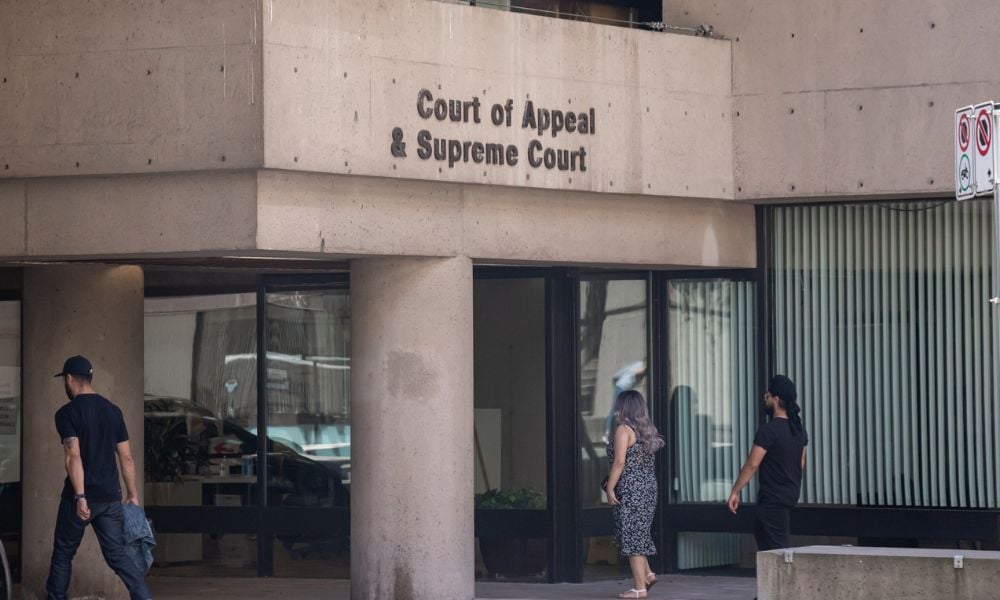Landlord alleges occupant repeatedly failed to pay attention to food she was cooking on stove

The Supreme Court of British Columbia struck a tenant’s civil claim against an arbitrator of the Residential Tenancy Branch (RTB) upon finding that the allegations were unnecessary and vexatious and that the action was an abuse of process.
Starting in October 2019, the plaintiff was a tenant in a rental unit in the lower floor of a single detached house at West 54th Avenue, Vancouver. Another person resided in a suite on the lower floor, while the landlord occupied the upper floor.
The landlord issued a one-month notice to end the tenancy as of May 11, 2021. The landlord alleged that the tenant, while cooking, repeatedly endangered herself and her fellow residents, seriously jeopardized the other occupant’s health and safety or lawful right, and exposed the landlord’s property to risk. The landlord said that the tenant neglected to pay attention to the food that she was cooking on the stove twice in 2020, and that there was a fire in her unit in April 2021.
The tenant filed with the RTB an application seeking the cancellation of the landlord’s notice. An RTB arbitrator – the defendant in this case – dismissed the tenant’s application and ordered the end of her tenancy in the rental unit.
The tenant filed an amended notice of civil claim based on perjury, criminal conspiracy, libel, and defamation. She asked for general, punitive, and aggravated damages and the arbitrator’s removal from the Canadian judicial system. The tenant alleged that the arbitrator:
- deleted evidence
- maliciously fabricated charges out nothing
- worked with other arbitrators to support his lies and defamation
- allowed the landlord to slander the tenant
- used the landlord to persecute the tenant
- used the landlord’s lies
- did not allow the tenant to respond
The arbitrator asked for the claim to be struck for disclosing no reasonable cause of action, for being unnecessary and vexatious, and for being an abuse of process. Alternatively, the arbitrator sought summary judgment dismissing the action for failing to raise a genuine issue for trial.
Civil claim found vexatious
In Gong v O’Neill, 2022 BCSC 2119, the B.C. Supreme Court dismissed the proceeding and struck the tenant’s amended notice of civil claim since it disclosed no reasonable claim and was vexatious, unnecessary, and abusive of the court’s process under r. 9-5(1)(a), (b), and (d) of the Supreme Court Civil Rules, B.C. Reg. 168/2009 and raised no genuine issue for trial under r. 9-6.
First, the court found no basis to make a perjury claim, given that the arbitrator made no statements under oath. Perjury was inapplicable to persons not specially permitted, authorized, or required by law to make a statement under s. 131(1) the Criminal Code, the court said.
Second, the court ruled that the tenant failed to list material facts supporting her claim for the tort of conspiracy. She did not give particulars of the alleged conspirators’ overt acts to further the conspiracy and of the time, place, or mode of agreement amongst the alleged conspirators, the court added.
Third, the court held that the tenant failed to offer particulars regarding defamatory statements that the arbitrator made during the hearings or in his decisions. There were also no particulars about the manner, time, and place of the publication and to whom the publication was made, the court said.
Fourth, the court determined that the tenant failed to plead the particulars of defamation and libel. The defence of absolute privilege protected the arbitrator from any defamation claim relating to statements made in the proceeding or in the decisions, the court explained.
Lastly, the court dismissed the tenant’s claim under r. 9-6(5)(a) on the basis that she raised no genuine for trial issue regarding her claims of perjury, discrimination, and conspiracy.










